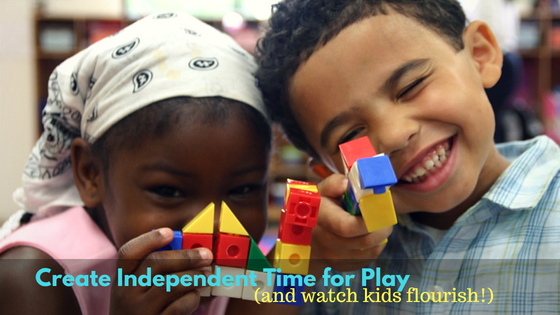Parents, especially those who homeschool, can get really caught up in ensuring their kids are always learning. Whether this is through ensuring that every toy is “educational” and every television program consumed teaches something or it’s through carting children from one enrichment activity to another, it’s a mistake.
“What?” you may say, “but I thought that we’re supposed to teach our kids!”
Yes, we are, but part of teaching and guiding children includes teaching kids how to just be. College Boy spends some of his time at home laying on the bed and staring at the ceiling. Princess Boogie plays with her Ponies and flits about running in what seems to me to be pointless circles. Sometimes we all just zone out on the couch to some silly kids’ movie or TV show.
Kids can suffer from burnout
According to the article, “The Downside of No Downtime for Kids” from PBS News Hour, we should not be packing every free moment of our kids’ lives. The article quotes Alvin Rosenfeld (author of The Over-Scheduled Child) as saying:
“First, I’d ask myself what kind of adult you want your kid to grow up to be,” Rosenfeld said. “And then I’d ask how you get there. How do you balance academics, athletics and character?”
Most parents Rosenfeld encounters say developing a strong character is most important. “Unfortunately, actions don’t always follow aspirations in terms of saying character is most important,” he said.
When you don’t allow children to have unstructured time, they never have the opportunity to test out their character – or even really get to know who they are when they’re not playing soccer, practicing violin, and working on the next awesome robot club creation.
Instead, a child may be left feeling lost when he or she can’t be constantly busy.
How much downtime is enough?
Every family will be different. While the author of the PBS New Hour article believes that for every week of structure a child needs three weeks of unstructured time, not everyone agrees. Susan Bartell, in “Is Your Child Getting Enough Real Downtime?” points out that screen-time, can be problematic:
Video games and all other screen-related activities require a child to be fully engaged in problem-solving, competition or socializing – and sometimes all three. A primary reason why kids have trouble falling asleep is that they’re staring at screens too close to bedtime. The activity is overstimulating, rather than calming, and the light from the screen tricks the brain into staying awake, rather than preparing the child for sleep.
If video games aren’t “real” downtime, then what is? For Bartell, true downtime is time spent doing not much at all – daydreaming, creative play, creating art, or even playing in the bath – for at least 20 minutes a day.
Dr. Claire McCarthy, author of “Does Your Child Get Enough Downtime?” believes that the answer to this question is more nuanced. She recommends that instead of a set time that parents watch their children for signs of distress:
Since every child’s different when it comes to what will upset her, it’s important to be watchful. An overscheduled child may be moody, or clingier than usual. She may have trouble sleeping, or experience a dip — or an increase — in her appetite. She may also lose interest in the activities she usually enjoys, or start to struggle in school.
If you see any of these changes in your child, talk to her right away. Let her know that the most important thing to you is that she’s happy. Spend some time trying to figure out with her what exactly is upsetting her, and change it.
How do you find balance?
Finding balance can be as simple as being strict about the total number of activities that each child is allowed to participate in as well as watching how many hours you’re spending in “on-task” learning activities. One of the great things about homeschooling is that we are able to adapt our programs of learning to each child’s needs. This allows us to be more efficient in our time as well. That also allows us to take a much-needed day off when it’s warranted.
So, how do you handle downtime in your homeschool? Do you have set hours? Do you have a cap on the number of activities you allow your child(ren) to participate in? Share your thoughts below.
Recommended resource:
The Over-Scheduled Child by Alvin Rosenfeld, M. D. and Nicole Wise.
(This is an Amazon Associate link. Should you choose to click on this link and make a purchase, I will receive a small fee at no additional cost to you. Providing such links helps me to support my family.)








